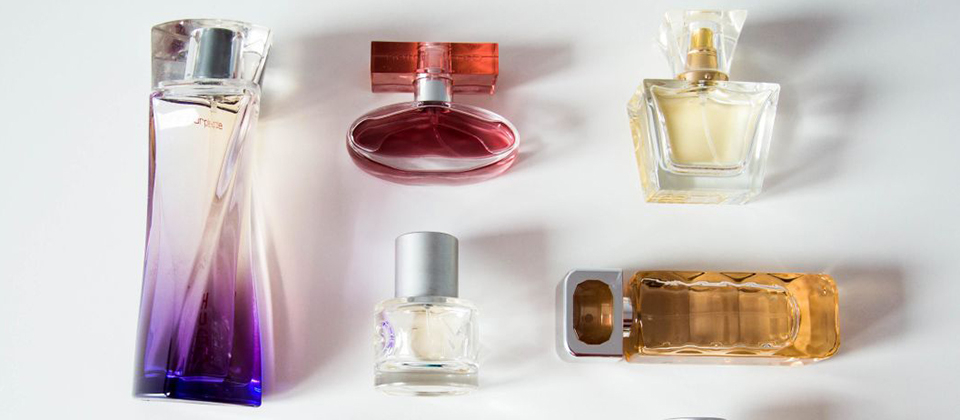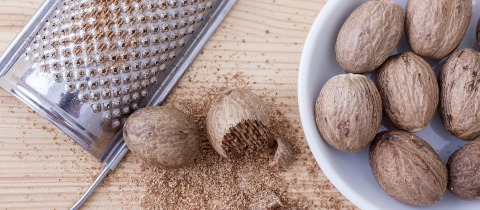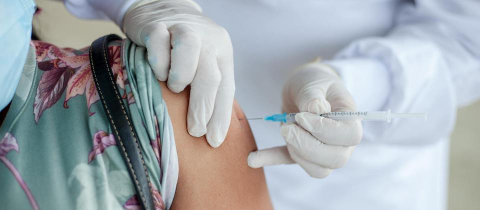This is not to say that fetal material, specifically fetal cells, do not play a role in the manufacturing of some products. They often do. But it’s not as simple as vaccines containing crushed-up aborted fetuses.
As David Gorski explains for Science-Based Medicine, “fear mongering about 'fetal parts' in vaccines is, not surprisingly, a distortion of the real situation, which is that the human cell lines are used to make some vaccines.”
Vaccines require viruses, and viruses have to be cultured in cells, as they cannot reproduce on their own. Those cells don’t have to be human but using animal cells for vaccine development causes some problems. Animals are costly to keep alive, may be infected with viruses that could contaminate vaccines, and don’t grow all viruses well. Animal products like chicken eggs can be used, but then there is a risk that an egg shortage could cause a vaccine shortage.
So, we prefer to use human cells to culture viruses, but where are we sourcing these cells from?
There are two cell lines currently used to develop vaccines. The first, named WI-38, was developed in 1962 from the lung tissue of a fetus aborted at 3 months gestational age. The second, named MRC-5, was developed in 1966 from the lung tissue of a fetus aborted at 3.5 months gestational age.
These cell lines have been propagated, kept frozen and are still used today. For more than 50 years, two abortions have allowed us to make vaccines against hepatitis A, rubella, shingles and other illnesses. It’s estimated that 11 million deaths have been prevented by vaccines made with just the WI-38 cell line.
Eleven million deaths over 50 years prevented by two abortions. That is some terribly impressive math, at least to me.
The abortions in question are so far removed from today’s vaccines that even the Catholic Church deems it allowable to use them.
It’s also important to realize that there is no fetal tissue in vaccines. The viruses needed are grown in these cells, then harvested. The cells themselves are not included in the vaccines. There is fetal tissue used in the manufacturing of some vaccines, but no vaccine has ever contained tissue from aborted fetuses.
What about claims that there are aborted fetus cells in some foods?
The idea that companies like Pepsi and Kraft were using aborted fetuses as flavour additives was popularized by an article on the infamously pseudoscientific site Natural News in 2015. They wrote that some processed foods contained “various flavoring agents manufactured using the tissue of aborted human babies.”
Strictly speaking, this isn’t a lie. But it is a misrepresentation. Senomyx, an American biotechnology company develops flavour enhancers for use in food products. To test these enhancers, they used taste receptors expressed in the HEK 293 cell line, which was generated from the kidney cells of a fetus aborted in 1973.
The situation here is the same as for vaccines. Senomyx uses a cell line generated more than 40 years ago in the manufacturing of their product. No fetal cells were everpresent in the final food products. Even Children of God for Life, a prominent pro-life organization, states on their website, “Do not be fooled, shocked or misled – IT IS ABSOLUTELY NOT TRUE! THERE ARE NO FOOD PRODUCTS CONTAINING ABORTED FETAL MATERIAL – NOR HAS THERE EVER BEEN!”
The situation for anti-ageing creams that are manufactured using cell lines derived from fetuses is essentially the same story, and it is likely that these claims of fetal material in perfumes are the same as well. I say likely because the Croatian Bishop Jezerinac appears to be the only one making the claim that fetuses are being used to make perfume. Since he never names a brand of perfume it’s impossible to substantiate or refute his claims.
No fetuses are aborted for the purposes of making vaccines or face creams. There are protections in place to ensure that those seeking abortions are not influenced by the possible donation of their fetus to science. It is illegal to offer money in exchange for fetal tissue, and it is illegal to even discuss using fetal tissue for research with someone seeking an abortion before they have made their decision to terminate their pregnancy.
It’s understandable why those who oppose abortion would be upset by the use of fetal tissue in research, but human fetal tissue is integral to many of the greatest scientific discoveries of recent history. The use of cell lines derived from aborted fetal tissue is common, effective and necessary, and the vast majority of them are products of abortions that happened before I was even born.
Even if you still oppose the use of fetal tissue in research, I would hope that the possible consequences of not vaccinating yourself or your children would trump your ethical concerns about the methods of vaccine manufacturing. However, If you want to skip on the anti-ageing products due to ethical objections, that is just fine by me.
Want to comment on this article? View it here on our Facebook page!







